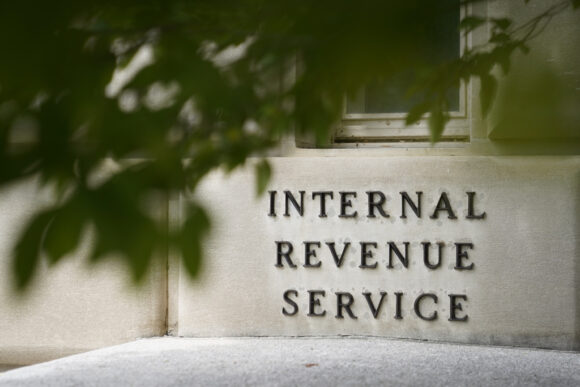The National Council of Insurance Legislators last week urged the Internal Revenue Service and the Federal Trade Commission to reconsider proposed rules that the organization said encroaches on state regulation.
The first of the letters from NCOIL addresses a years old controversy regarding certain, small captive insurance companies.
Tax law generally allows businesses to create “captive” insurance companies to protect against certain risks. Under Section 831(b) of the Internal Revenue Code, certain small insurance companies can choose to pay tax only on their investment income
The IRS has been warning about what it calls “abusive micro-captive insurance” transactions for years, even placing them on an annual “Dirty Dozen” list of tax scams.
Related: IRS Makes Settlement Offer to Taxpayers Involved in ‘Dirty’ Micro-Captive Insurance
NCOIL said it takes no position – other than to condemn fraud of any kind – on what the IRS thinks of these companies’ utilization of Section 831(b), but the organization said the IRS “goes too far and seeks to insert itself into captive insurance companies’ loss ratios, an insurance business aspect which constitutes the very heart and core of ‘the business of insurance,’ which is regulated by the states under the McCarran Ferguson Act.
The IRS has a public hearing on its proposed rule July 19.
“We at NCOIL urge the IRS to retract the proposed rule and return to the drawing board to address its stated concerns in a way that is narrow, tailored, non-retroactive, and most importantly does not violate the McCarran-Ferguson Doctrine by infringing on the congressionally-delegated rights of the states to regulate the business of insurance,” said NCOIL CEO, Commissioner Tom Considine.
In its other letter to the FTC, NCOIL said it has a problem with a proposed rule that would undermine NCOIL’s authority to regulate service contracts.
Like insurance, NCOIL said service contracts protect consumers against risks associated with purchases such as mobile devices, vehicles, and appliances. Historically, these contracts have been recognized as insurance products and are regulated in 43 states.
“State insurance legislators and regulators have been effectively overseeing insurance practices and consumer protections for decades, and this proposal needlessly threatens to disrupt a system that has led to the strongest and safest insurance market in the world,” Considine said.
Photo: (AP Photo/Patrick Semansky, File)
Topics Legislation
Was this article valuable?
Here are more articles you may enjoy.



 AIG Underwriting Income Up 48% in Q4 on North America Commercial
AIG Underwriting Income Up 48% in Q4 on North America Commercial  The $10 Trillion Fight: Modeling a US-China War Over Taiwan
The $10 Trillion Fight: Modeling a US-China War Over Taiwan  Fingerprints, Background Checks for Florida Insurance Execs, Directors, Stockholders?
Fingerprints, Background Checks for Florida Insurance Execs, Directors, Stockholders?  Trump’s EPA Rollbacks Will Reverberate for ‘Decades’
Trump’s EPA Rollbacks Will Reverberate for ‘Decades’ 


